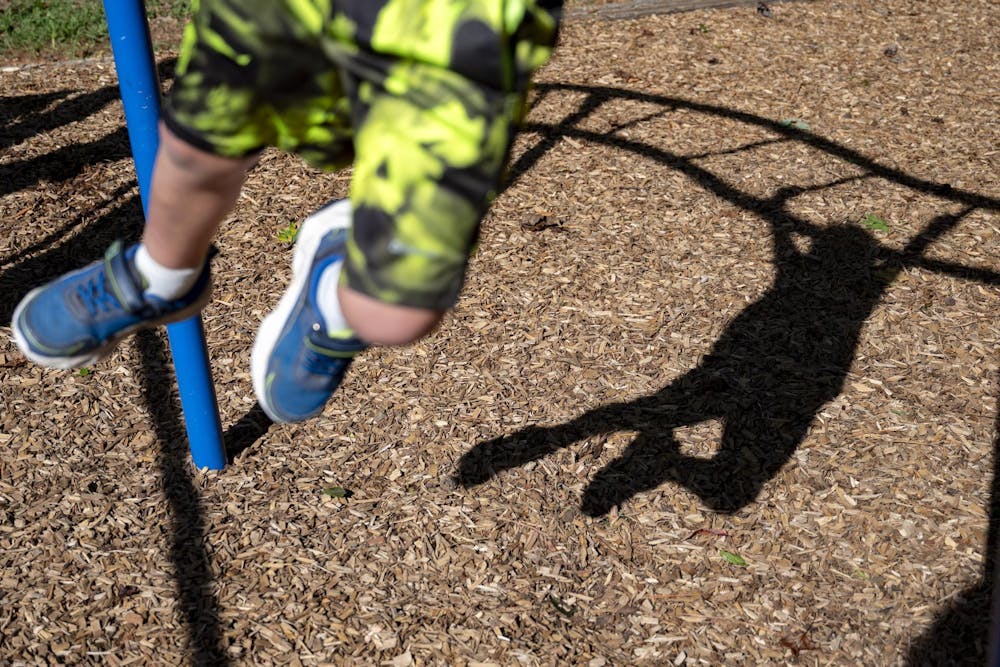A child’s first moments are the most important for brain development — with about 90 percent of brain growth happening before a child turns five, Theresa Roedersheimer, executive director of the North Carolina Early Childhood Foundation, said.
In these early years, children are often enrolled in preschool — but, as the early childhood education field faces recruitment and pay issues, it is becoming difficult to become a preschool teacher in North Carolina.
Pathways to becoming a preschool teacher
Nita McAdoo, lead technical assistant at Durham PreK, said at some preschools, an individual can become a preschool teacher after graduating high school if they completed — or are in the process of completing — the North Carolina Child Care credential.
To complete the credential, an individual must take either Education 119: Introduction to Early Childhood Education or EDU 3119: Early Childhood Education-Intro at an NC community college.
“[Potential preschool teachers] would need to be doing training hours annually, of course, and most centers are going to encourage them to go beyond that EDU 119 coursework," McAdoo said.
If someone wants to become a lead preschool teacher specifically through the North Carolina Pre-Kindergarten Program, they myst hold or be eligible to hold a NC Birth through Kindergarten (B-K) Initial or Continuing License or a NC Professional Educator’s Initial or Continuing License, with a B-K or preschool Add-on license, according to Janessa Nieves, the NC Pre-K program manager for the Division of Child Development and Early Education.
She added that these requirements apply to all NC Pre-K lead teachers working in public and private schools.




